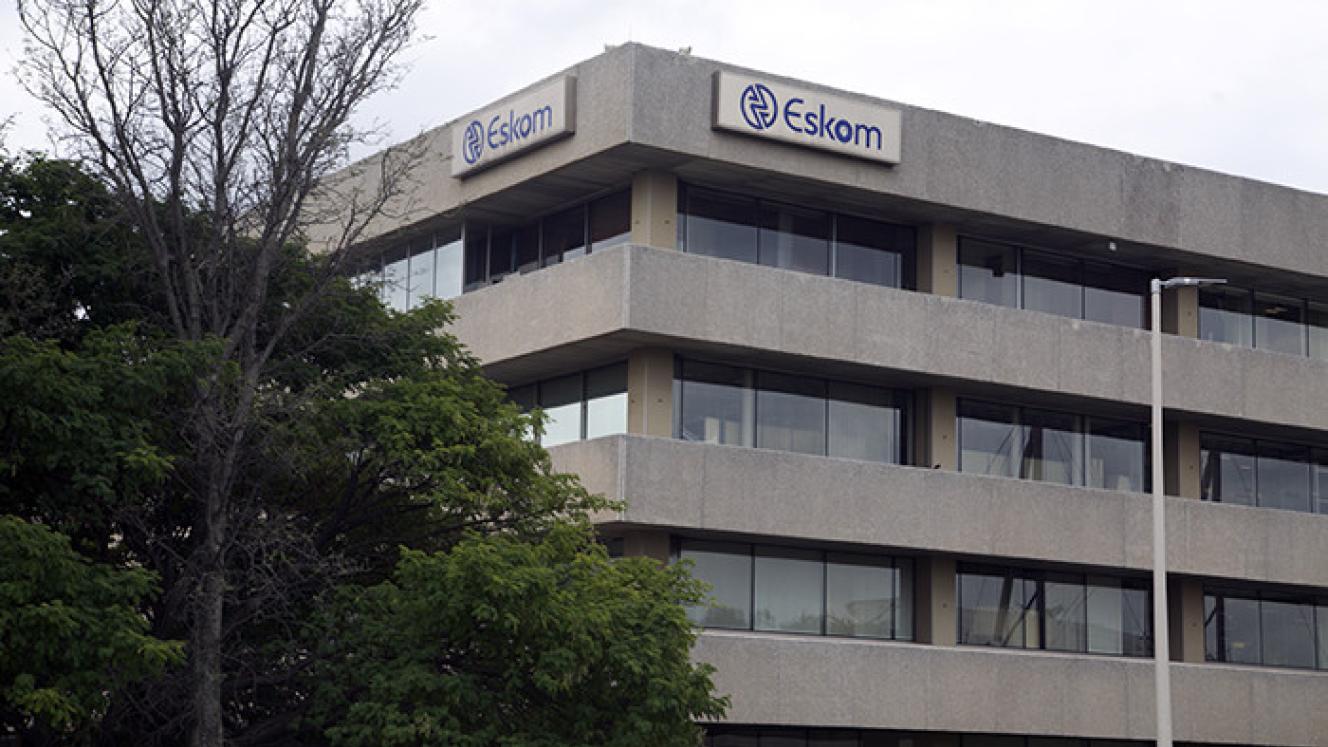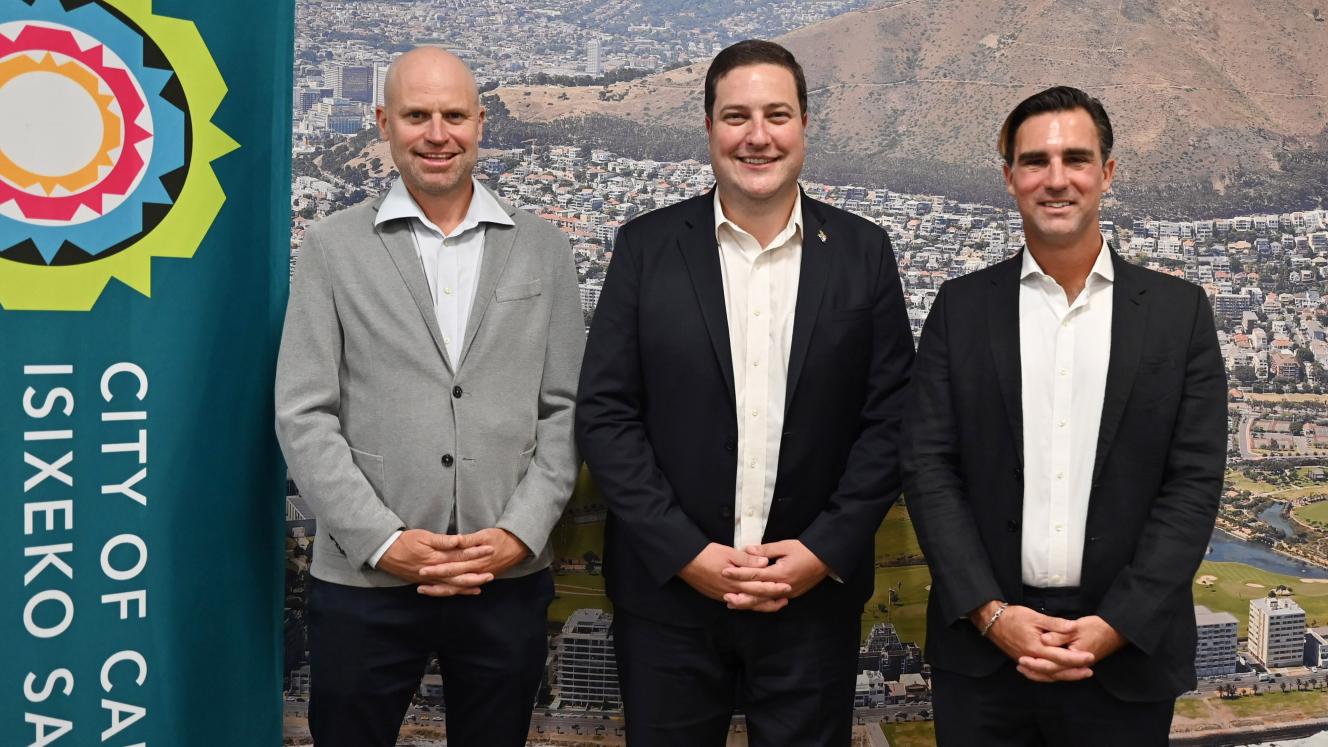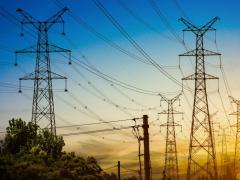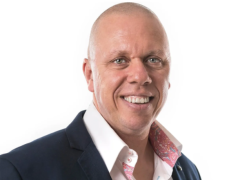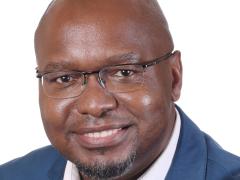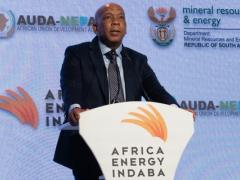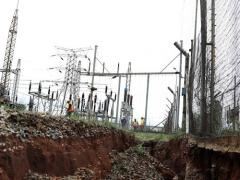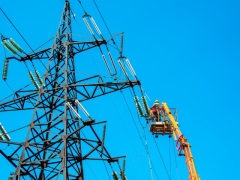Eskom’s board chairman, Mpho Makwana, says the power utility is rooting out fraud and corruption within its ranks and supply chain through proactively implementing recommendations made by the Zondo Commission and beyond.
This announcement comes after damning allegations were made about fraud and corruption at Eskom being overlooked and even aided and abetted by certain – though unnamed – politicians and others in positions of authority.
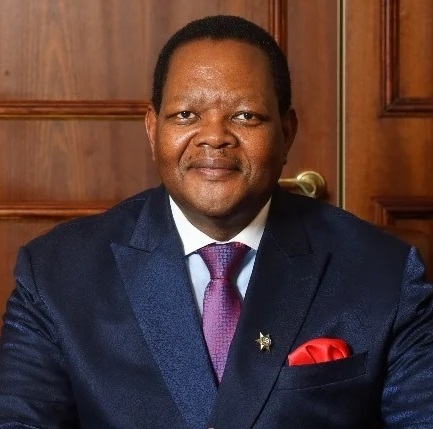
Makwana claims that the utility is redressing the effects of State Capture and established the State Capture Task Team (SCTT) on 14 July last year. Apparently, the organisation reaffirmed its cooperation with the National Prosecuting Authority (NPA) in May last year to ensure the most effective coordinated responses to Sate Capture cases and other serious crimes related to Eskom’s operations. A public declaration of this commitment was made by Eskom and the NPA in a joint media statement on 5 May 2022. The utility is also working closely with the Special Investigative Unit (SIU) and is providing regular progress updates to the Standing Committee on Public Accounts (SCOPA), with the most recent update jointly presented to SCOPA on 24 January 2023.
Eskom’s close collaboration with the law enforcement agencies is instrumental in addressing the Zondo Commission’s recommendations. Key among the recommendations is that the National Prosecuting Authority (NPA) undertake the criminal prosecution of former Eskom board members and executives involved in decision-making that resulted in inter alia the breach of the Public Finance Management Act. The Zondo Report was unequivocal in singling out former Eskom executives among those who must be pursued for their alleged involvement in nefarious activities at the company.
Amongst the several findings of malfeasance by those executives includes the irregular supply of coal to Eskom from Tegeta's Brakfontein Colliery. The Commission recommended that the NPA consider criminal action against those executives and a range of other implicated individuals from both within and outside the organisation.
One of the success stories to date includes the matter relating to the unlawful payment of R1,6 billion to McKinsey, Trillian and Regiments. Eskom has since recovered R1,1 billion from McKinsey and has a judgement against Trillian. Trillian was placed in liquidation after the firm failed to abide by the court judgement and this has resulted in the sequestration of Trillian’s key shareholder and director.
Through a collaborative partnership with the SIU, Eskom has recouped over R2 billion in funds unlawfully paid out to service providers. Together, a recovery of approximately R1 billion from SAP is underway.
On civil recoveries, jointly with the SIU, Eskom is pursuing R3,8 billion through civil action against 12 defendants who played a central role in State Capture. Seven of the 12 defendants are former Eskom executives and directors.
A dedicated State Capture Task Team within Eskom is executing an implementation plan to address the findings in the Zondo Report. Steps already taken include disciplinary action against delinquent employees, the flagging of delinquent employees for future employment, disciplinary action against delinquent suppliers, deregistration of delinquent suppliers from Eskom’s supplier database, blacklisting of delinquent suppliers by the National Treasury, taking action against delinquent directors, instituting civil recovery processes and criminal proceedings, reporting of delinquent employees to professional bodies, and reviewing of Eskom-specific policies, procedures, and governance requirements.
Regarding consequence management, there are currently no Eskom employees implicated in State Capture, since those key employees who were involved in State Capture were dismissed or resigned in early 2018.
In terms of criminal proceedings, despite the arrest of a former Interim Group Chief Executive and 25 others accused of fraud and corruption at Eskom in relation to the Kusile contract on 27 October 2022, criminal proceedings continue to lag. The utility is closely monitoring all outstanding criminal matters and is working with the SIU, NPA and other law enforcement agencies to bring these individuals to court as soon as possible.
On director delinquency proceedings, Eskom is party to the Department of Public Enterprises’ (DPE’s) coordination of all SOE proceedings under the Companies Act and has provided detailed evidentiary packs for all directors on the 2014 Eskom Board to its shareholder, viz, Government. Further, Eskom has reported a former delinquent director to the South African Institute of Chartered Accountants, which has resulted in suspension of their membership.
Regarding supplier disciplinary procedures, the chairman says that Eskom has placed a provisional block on new contracts with all implicated suppliers pending supplier disciplinary processes being initiated in due course. Eskom’s Supplier Disciplinary Process is also under review to enable a more agile approach towards supplier discipline going forward.
Finally, in line with the Zondo Commission’s recommendation for a review of key internal policies such as anti-bribery and corruption, Eskom is implementing various initiatives such as an automated procurement system to better manage procurement spend and protect against integrity breaches, It will also use tools like PriceCheck in supply chain management, the digitilisation of stock control, the use of an augmented procurement model in certain business areas, and the use of e-auction. The organisation will continue to monitor technology developments and will introduce suitable tools as they become available, he says.
Over and above the Zondo Commission’s recommendations, the utility receives reports from its Assurance and Forensic department and external auditors, which guide it on where it needs to focus. There are also various existing whistle-blowing channels available to Eskom employees and the public, assisting the utility to unearth fraud and corruption.
Audited figures as at the end of quarter 3, show that 144 criminal cases have been opened with the South African Police Service (SAPS) for further investigation. Of the 144 cases, 41 have been through the criminal proceedings provided for under the Criminal Procedure Act.
During this period, owing to the governance clean-up efforts, 183 employees terminated their employment through resignation, abscondment (157), and retirement (26) during the disciplinary processes. In total, 42 were dismissed due to fraud and corruption.
Makwana says that Eskom will continue working closely with the DPE, other SOEs, and law enforcement agencies to ensure that it either directly addresses the recommendations – or, where recommendations such as criminal prosecutions, are outside of its control, to support law enforcement agencies bring delinquent suppliers, former employers, former executives, former board members and associated perpetrators to book. The power utility is also strengthening its whistle-blower support for the Eskom guardians who help it see what is ‘cloaked’, Makwana added.
Eskom is resolute in pursuing those who have enriched themselves at the expense of the organisation and the country, he says. Eskom is ensuring that it has a robust framework in place for zero tolerance to fraud and corruption. This is a non-negotiable for Eskom’s Board and executive team, Makwana says, in order to rebuild trust and restore public confidence. The organisation will continue to proactively strengthen its internal controls, and through serious interventions, turn the culture around. The Board does not believe that the majority of Eskom employees are corrupt, but nonetheless, will carry on flushing out the minority which cast a shadow over the organisation.
